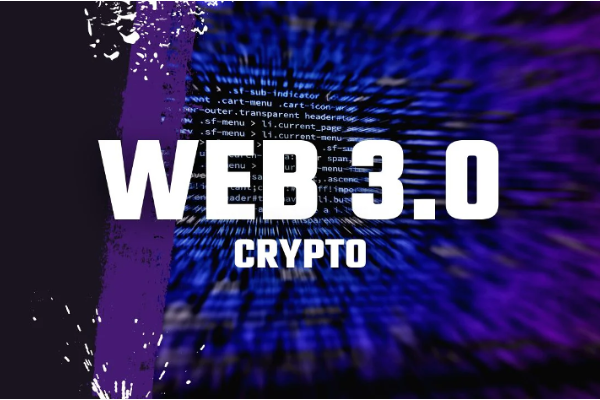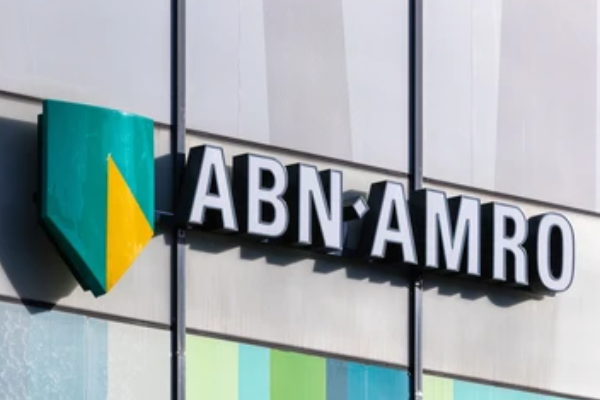As regulation becomes clearer, Tether plans to issue new stablecoins for the US market
Tether, by far the world’s largest stablecoin issuer, said it plans to create a new stablecoin for the U.S. market if Congress passes cryptocurrency legislation this year.
In an interview with The Information, Tether CEO Paolo Ardoino said the company would “move quickly” to create a new token once the expected stablecoin legislation passes.
In an interview on Friday from the midtown Manhattan offices of Cantor Fitzgerald, which manages Tether’s reserve assets such as U.S. Treasuries, Ardoino said the new stablecoin “is something that will meet the needs of banks, institutions and payment processors.”
He said Tether plans to set up a U.S.-based entity, likely named Tether USA, after U.S. legislation passes this year. Tether recently moved its headquarters to El Salvador. He expects the new entity to be regulated at the federal level in accordance with the legislation. “Given that the legislation is expected to pass around August, or before August as we expect, if that timeline holds, we will move quickly,” he said.
“We are in active discussions with regulators to explain to them the importance of what we do outside the U.S. and what we can build inside the U.S.,” he said.
Stablecoin legislation that is rapidly advancing in Congress could ban Tether from the U.S. market because it is not registered there. Tether has a market capitalization of $144 billion, more than $80 billion more than the next largest stablecoin, operated by Circle.
Unlike other volatile cryptocurrencies, stablecoins are pegged to the U.S. dollar and backed by Treasury bonds and other safe assets to protect their value. Stablecoins are a convenient way to move money across borders and trade cryptocurrencies. Tether has been criticized for using its stablecoin, called tether or USDT, by drug dealers and terrorist groups. Tether says it works with law enforcement to freeze assets used by criminals.
Tether has hired Cantor Fitzgerald to manage the assets backing its stablecoin. The company, which was run by Howard Lutnick until he became U.S. Commerce Secretary, continues to manage the assets.
Ardoino said the new stablecoin could be used for payments, the digital economy and interbank settlements. Tether has been investing in its own distribution network — a portfolio of companies that could drive adoption of its stablecoin, such as Rumble, a $775 million listed video platform in which Tether invested.
The race to influence stablecoin legislation is heating up as Congress moves quickly through legislation. On Wednesday, the House Financial Services Committee approved a stablecoin bill, sending it to the full House. Last month, the Senate Finance Committee passed a similar bill, and President Donald Trump said he aims to sign stablecoin legislation by August.
Tether is also exploring ways for USDT to remain listed on U.S. platforms after legislation passes. Ardoino said he is in talks with lawmakers to explain how Tether works and hopes that USDT will remain in the U.S. secondary market, meaning it will continue to be listed by U.S. cryptocurrency exchanges but will focus on international markets.
To boost liquidity for his new stablecoin, he expects market makers who own both stablecoins will be able to help convert the U.S. stablecoin to USDT on a one-to-one basis.
Ardoino said Tether has no plans to go public and does not need to raise capital for the new entity it plans to set up in the U.S. Circle has filed for an initial public offering.
Ardoino said he could not meet with Lutnick due to potential conflicts of interest but called him a "personal friend" and a "great guy."
His main contact at Cantor right now is Brandon Lutnick, son of Howard Lutnick. "Great guy, very smart. Very grateful to have him at the helm of Cantor," he said.









